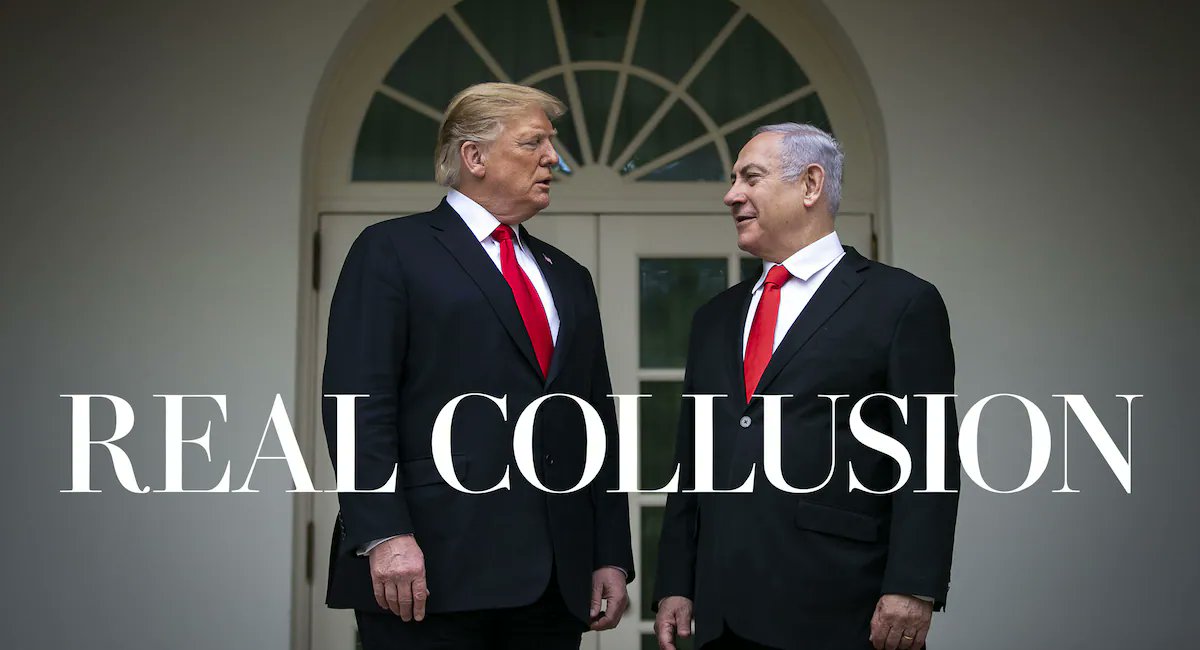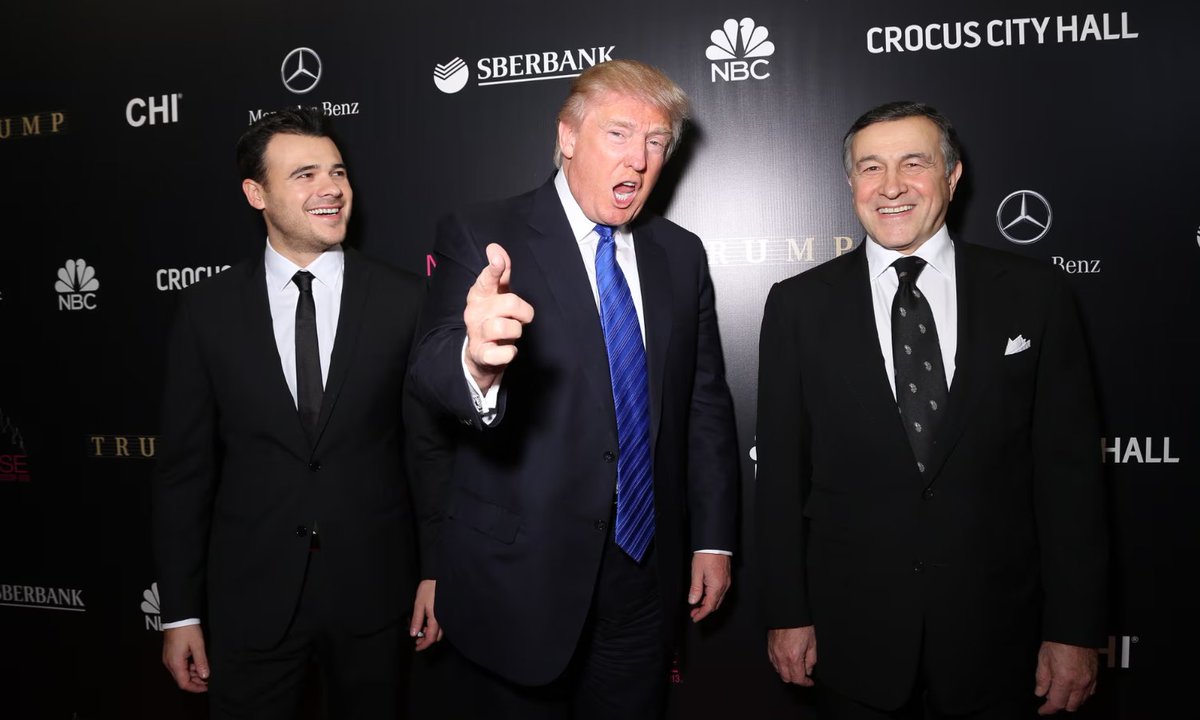Russian journalist Alexander Kots, a war reporter with over 20 years of experience in Kosovo, Afghanistan, Chechnya, Libya, Syria, Egypt, Iraq, Donbass & Karabakh, streamed a Q&A session about the war yesterday; here's a thread with a summary of what he said:
- The Ukrainians have excellent artillery training & equipment
- The AFU emphasize small unit tactics; this slowed down the Russian advance in the beginning of the war
- The Russian offensive routes largely matched with those the Ukrainians trained for in NATO exercises
- The AFU emphasize small unit tactics; this slowed down the Russian advance in the beginning of the war
- The Russian offensive routes largely matched with those the Ukrainians trained for in NATO exercises
- The border regions were full of photo traps & other surveillance equipment that gave the Ukrainians a good idea of what was happening militarily
- Even a full liberation of the DPR & LPR won't secure Donetsk from Ukrainian shelling bc of long-range weapon systems
- Even a full liberation of the DPR & LPR won't secure Donetsk from Ukrainian shelling bc of long-range weapon systems
- The seemingly senseless shelling of Donetsk is explained by Ukrainian attempts to cause discontent among civilians in the sense that the Russian Armed Forces cannot protect them
- The capture of Lisichansk will mark the full liberation of the LPR
- The capture of Lisichansk will mark the full liberation of the LPR
- "Small cauldron" tactics & the slow advances are deliberate, but not the tactics of choice; Russians are advancing at best with a 1:1 ratio and often against a numerically superior enemy
- Prisoner exchanges are still taking place, but not mass exchanges, 15 for 15, 30 for 30
- Prisoner exchanges are still taking place, but not mass exchanges, 15 for 15, 30 for 30
- The Ukrainian army generally refuses to pick up their dead despite being offered ceasefires to do so
- The average level of experience in the AFU has dropped significantly since the start of the war, it's now 20% professionals and 80% conscripts
- The average level of experience in the AFU has dropped significantly since the start of the war, it's now 20% professionals and 80% conscripts
- Ukrainian infantry is of very low quality in terms of training & morale; their artillery & special forces are decent
- The Ukrainians generally don't accept close quarter combat and retreat instead, but they usually do so in an organized manner
- The Ukrainians generally don't accept close quarter combat and retreat instead, but they usually do so in an organized manner
- The volunteers from all over Russia who are trained in Gudermes (Chechnya) are doing quite well in the war
- This scale of combat is seen for the first time since WW2; Kots has never worked in a conflict of this intensity
- This scale of combat is seen for the first time since WW2; Kots has never worked in a conflict of this intensity
- Russia is not at war with Ukraine, but with the entire NATO infrastructure: intelligence, satellites, communications, military equipment, counter-battery systems, electronic warfare systems
- "Bayraktars" are absolute crap, they're fish in a barrel for any decent anti-air
- "Bayraktars" are absolute crap, they're fish in a barrel for any decent anti-air
- The Ukrainians are having problems with some munitions, e.g. their Smerch & Uragan MLRS systems rarely fire in volleys nowadays, mostly single shots
- Ukrainian artillery is often the only thing slowing down Russian advances
- Securing Donbass won't automatically win the war
- Ukrainian artillery is often the only thing slowing down Russian advances
- Securing Donbass won't automatically win the war
• • •
Missing some Tweet in this thread? You can try to
force a refresh

















